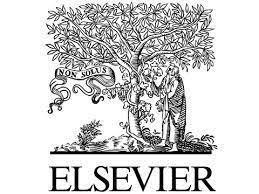ELECTORAL BONDS - MOVING TOWARDS FREE AND FAIR ELECTIONS
Abstract
India is the only democracy in the world, which gives it a special status. The discussions that took place at the Constituent Assembly demonstrate the framers of the Indian Constitution's unshakable belief in democratic national governance. It did, however, find a proud home in the Constitution's preamble, which pledged to uphold republicanism, socialism, and secularism in addition to the objective of creating a strong, democratic nation in India. It was not just a democracy; it also spawned parliamentary democracy, which India embraced and developed.. The "Parliamentary Democracy" political system, based on democratic republicanism and popular sovereignty, was endorsed by the Constituent Assembly. This theory was accepted there, coupled with the belief that the political representative would act as a catalyst for our nation's homogeneity, because of the diverse political, social, and economic structures of India. The legislators were viewed by the County's residents as the model of selflessness, civic duty, and leadership. The Ghandhian idea of political philosophy was what people expected from politics. A clear illustration of how corruption and plundering are permeating the administration is the scandal after scandal. The gains from crimes and scandals. In every democracy, the question of how to pay for elections is intricate. Fraudulent donations made in order to obtain power or favourable policy decisions have damaged and soiled the reputation of all democracies. Contributions to political campaigns, particularly those from large firms, have a substantial effect on the spread of corruption and graft. Consequently, there is an increasing focus on the values of responsibility and openness.





